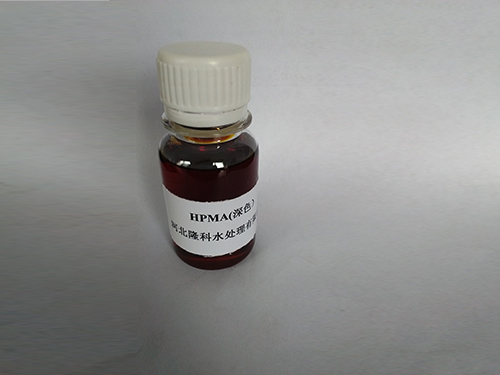Exploring the Benefits and Applications of Water Flocculants in Environmental Management
The Role of Water Flocculants in Water Treatment
Water quality is a crucial factor in public health, environmental sustainability, and industrial processes. As water scarcity and pollution issues escalate globally, effective water treatment methodologies are gaining importance. One significant technique employed in water treatment is flocculation, in which flocculants play a key role. This article explores the concept of water flocculants, their types, applications, and benefits in the field of water treatment.
What are Water Flocculants?
Flocculants are agents that promote the clumping together or aggregation of particles in a liquid suspension. These particles can include colloids, silt, clay, and other suspended contaminants found in water. By enhancing the aggregation process, flocculants facilitate the removal of these impurities, resulting in clearer and cleaner water. The mechanism of flocculation typically involves destabilizing charged particles in suspension, allowing them to come together and form larger clusters or flocs that can be easily separated from the water.
Types of Flocculants
Flocculants can be categorized into two main types organic and inorganic.
1. Organic Flocculants These are typically derived from natural sources or are synthetic polymers. Common organic flocculants include polyacrylamides, cellulose derivatives, and natural gums such as guar gum. Organic flocculants are widely favored for their effectiveness in a variety of conditions and their relatively low toxicity.
2. Inorganic Flocculants These generally consist of metal salts, such as aluminum sulfate (alum), ferric chloride, and polyaluminum chloride. Inorganic flocculants tend to be cost-effective and are particularly suited for treating high-turbidity waters, making them popular in municipal water treatment facilities.
Applications of Water Flocculants
Water flocculants are used across a range of industries and applications.
- Municipal Water Treatment Water treatment plants regularly utilize flocculants to clarify drinking water by removing suspended solids, thus ensuring that the final product meets health safety standards.
water flocculant

- Industrial Wastewater Treatment In industries like mining, paper manufacturing, and food processing, flocculants are essential for treating wastewater before it is discharged into the environment. They help in reducing the volume of hazardous waste and enhance compliance with environmental regulations.
- Aquaculture In fish farming, flocculants are used to control algae growth and improve water clarity, creating a healthier environment for aquatic life
.- Oil and Gas Industry Flocculants are employed to separate oil from water and to enhance the efficiency of water flooding processes used in oil recovery.
Benefits of Using Water Flocculants
The use of water flocculants brings several advantages
1. Efficiency Flocculants significantly expedite the process of sedimentation, leading to quicker and more efficient water treatment.
2. Cost-effectiveness By reducing the need for extensive filtration systems and physical labor, flocculants can result in lower operational costs and improved resource management.
3. Environmental Protection Effective removal of contaminants from water before discharge helps in protecting aquatic ecosystems and reduces the risk of pollution.
4. Improved Water Quality Flocculants enhance the clarity and quality of water, making it safe for consumption and recreational activities.
Conclusion
Water flocculants play an essential role in modern water treatment processes, contributing to the production of clean water for various applications. As the world faces increasing challenges related to water pollution and scarcity, the importance of effective flocculation cannot be understated. Continued research and development in flocculant technology will likely lead to more efficient and environmentally friendly solutions, further advancing global efforts in sustainable water management. The future of clean water depends significantly on innovations in treatment methodologies, where flocculants will remain at the forefront.
-
Water Treatment with Flocculant Water TreatmentNewsJun.12,2025
-
Polymaleic AnhydrideNewsJun.12,2025
-
Polyaspartic AcidNewsJun.12,2025
-
Enhance Industrial Processes with IsothiazolinonesNewsJun.12,2025
-
Enhance Industrial Processes with PBTCA SolutionsNewsJun.12,2025
-
Dodecyldimethylbenzylammonium Chloride SolutionsNewsJun.12,2025





